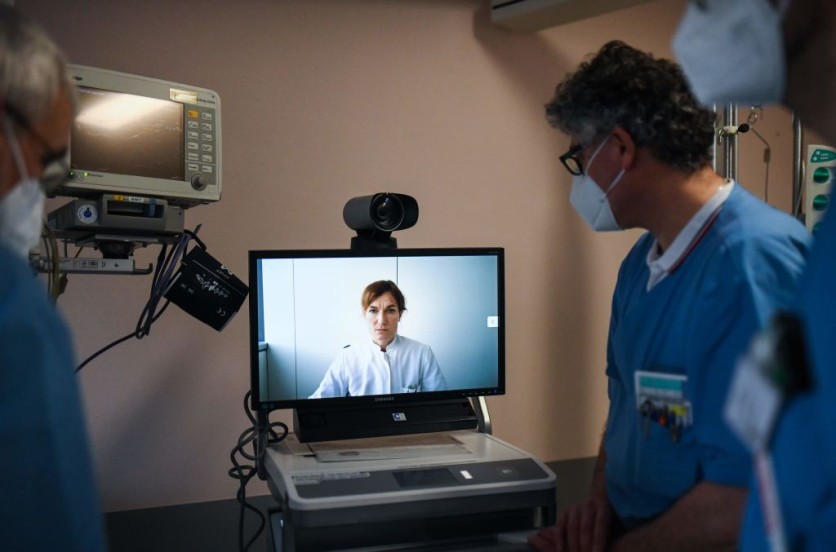
Scientists are reportedly monitoring the start of illnesses that impact movement using motion-capture artificial intelligence (AI) technology. The said tool is similar to that used to bring characters to life in films like Avatar, as reported by the BBC on Sunday, Jan. 22.
The new technology employs AI to analyze motion data and diagnose twice as fast as human experts.
Dr. Valeria Ricotti, part of the development team, expressed amazement at the findings to BBC News.
She stated that the implications for illness detection and the creation of novel medications might be enormous.
Tech Development
According to Interesting Engineering, the technology has been in the works for a decade. It has been through two clinical tests with individuals suffering from Friedreich's Ataxia (FA) and Duchenne Muscular Dystrophy (DMD).
One of the scientists responsible for the concept, Professor Aldo Faisal of Imperial College, has indicated that it has numerous advantages over more conventional diagnostics techniques.
"Our new approach detects subtle movements that humans can't pick up on...It has the capability to transform clinical trials as well as improve diagnosis and monitoring for patients."
Additionally, it may help reduce the time and money needed for the clinical testing of new medications.
Professor Paola Giunti, head of UCL's Ataxia Centre, said they would be able to explore more medications with fewer patients at a lesser cost.
Professor Richard Festenstein, who worked at the London Institute of Medical Sciences for the Medical Research Council and helped create the technology, weighs in. He believes this would encourage the pharmaceutical sector to fund research into rare illnesses.
Research Findings
The system's key strength is its superior, lightning-fast forecasting ability.
When tested on individuals with FA, researchers at Imperial College discovered that their model accurately predicted the condition's progression over 12 months, which is about half as long as it would take an expert in the field to make such a prediction.
Another group at Great Ormond Street put it to the test on 21 boys with DMD and found it to be significantly more accurate than a physician at predicting how their mobility will be damaged in six months' time.
Crucial Early Diagnosis
There is presently no treatment for FA or DMD, making early identification critical for keeping an eye on the conditions. Only one in 50,000 individuals will get FA, whereas one in 20,000 children will develop DMD each year.
Those with severe genetic illnesses for whom there are no effective therapies may find new hope in the possibility of early detection thanks to the new technology. Patients have a better chance of successfully managing their conditions if they are diagnosed early.
Tech Like in Avatar's
Avatar, released in 2009, was directed, written, co-produced, and co-edited by James Cameron. The story began in the middle of the 22nd century when people colonized the planet Pandora in search of the rare and essential substance unobtainium.
Avatar 2: The Way of Water was released in 2022 as a sequel to the first film.

![Apple Watch Series 10 [GPS 42mm]](https://d.techtimes.com/en/full/453899/apple-watch-series-10-gps-42mm.jpg?w=184&h=103&f=9fb3c2ea2db928c663d1d2eadbcb3e52)



